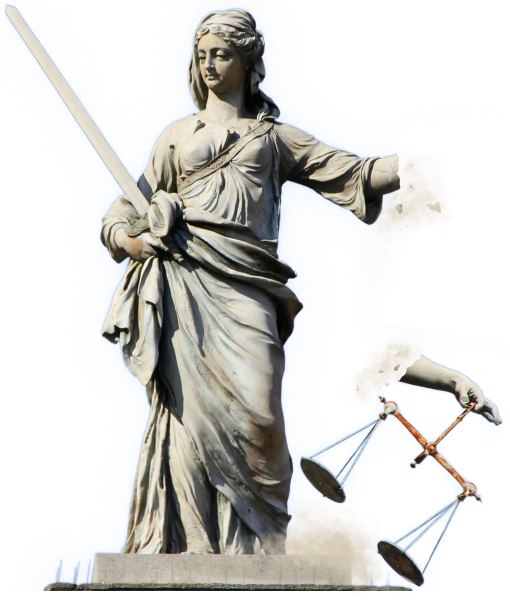District hires new staff
The Contra Costa Community College District has made some big changes to its staff in recent years. The newest member to the district team is Ed Carney, who was welcomed this spring as the new Director of Police, Safety and Emergency Services.
According to an email from Executive Vice Chancellor Eugene Huff, Carney hails from New Jersey and served 25 years with the Cherry Hill Police Department. He spent the last 10 years as the Director of Public Safety and Facilities with Camden County College.
His experience is broad and includes oversight of police training and special operations units — a SWAT team member, a Hazardous Devices Technician and an Emergency Management Coordinator. Carney also taught at the Community College level, both in the classroom and online. Carney’s classes covered current topics such as community policing and terrorism.
“I bring a unique set of experiences,” said Carney, “My law enforcement career concentrated on police tactics and officer training. Police response to emergency situations and preparation comes from effective training.”
“Being prepared for critical incidents better protects our community,” Carney added.
He said his focus is to build relationships, facilitate open discussion and educate our community. Carney explained that when it comes to safety on a college campus, the most important partner is the community and that people need to depend on relationships built on trust and interactive communication.
“I cannot make a different to out College District unless I am listening,” said Carney.
Carney has always been interested in moving to Northern California, where he says the diverse cultures and colorful natural landscapes make the area unique from anywhere else in the country. When he spent some time here in the last several years he knew the Bay Area was where he wanted to be.
The district is planning more professional development and informational sessions. The officers have become more accessible to the community over the years and they want to continue to increase their visibility and accessibility — they cannot do their job effectively without the help of students. Carney wants to encourage students to trust their instincts and call police services if they see something suspicious.
“I am very fortunate that CCCD found me to be a good fit for the role as director for public safety,” said Carney. “I am grateful to the faculty, staff, and students for being so welcoming and gracious.”
Los Medanos College Police Lieutenant Ryan Huddleston and President Bob Kratochvil said they were awaiting the opportunity to work with Carney.
Huddleston said he was eager to see what they can improve on as a district.
“We’re looking forward to working with him,” said Huddleston. “I think he’s going to bring a lot of good experience to the department and to the district, so I’m encouraged.”
Kratochvil said the meeting and interactions he has had with the new director have been great. He said Carney has already exhibited a strong interest in campus involvement.
“He has a keen desire to ensure safe campuses for our students, classified professionals, faculty and visitors,” said Kratochvil.
Kratochvil said he also is anticipating working with fellow colleagues who are taking on new positions within the district, such as Contra Costa College’s new president Mojdeh Mehdizadeh.
“I am looking forward to continuing work with Mojdeh,” said Kratochvil. “She has been an incredible colleague in her previous position, and I know our working relationship will continue to focus on the students of our district.”
But Carney and Mehdizadeh will not be the only ones given new positions. Soon the district will have to start the process of finding a new chancellor after the current chancellor, Helen Benjamin, retires this year.
According to CCCD Director of Communications and Community Relations Tim Leong, the hiring process at the district level deals with very clear guidelines and procedures outlined in both board policies and human resource procedures.
Leong explained there are classified faculty members and community members who are involved in the chancellor hiring process.
“When you are dealing with someone like the Chancellor, there’s a lot of eyes watching and [it’s important to make] sure that all constituents, including the community, has a voice in the decision process,” said Leong.
There are three committees that come together for this decision process —classified community representative, faculty and a student representative group who are all a part of the decision-making process.
Leong said there is a classified senate who gets together to decide on which community and faculty member will be represented and the associated student body presidents — from each of the college around the district — have meetings to decide on who will be on the this hiring committee.










